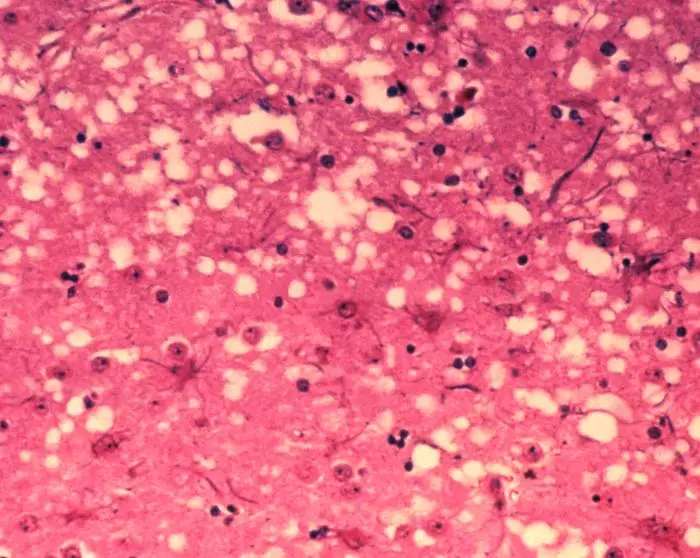Prions are abnormal, transmissible agents that induce the misfolding of normal cellular proteins, leading to various neurodegenerative diseases in both humans and animals. The conversion of the normal prion protein (PrPC) into a toxic pathological structure (PrPSc) is a central event in these diseases, making the misfolded proteins infectious and harmful to neurons. Recent research conducted by a team from Boston University School of Medicine has identified compounds with the potential to reduce PrPSc levels in infected cells, opening up possibilities for new treatment strategies.
The study highlighted 10 compounds capable of lowering PrPSc levels in infected cells, with some of them also showing effectiveness in preventing the toxicity observed in cultured neurons. Interestingly, five of these compounds have a history of use in humans for various conditions, which could expedite the process of repurposing them for the treatment of prion diseases. Lead author Robert C. C. Mercer, Ph.D., emphasized the importance of these findings and the potential impact on public health.
Initially, researchers explored the anti-prion properties of the identified compounds by targeting the sigma receptors (σ1R and σ2R), which they suspected were involved in prion propagation. However, upon using gene knockout technology, they discovered that the sigma receptors were not the key targets of these drugs in terms of their anti-prion effects. By exposing infected cells to increasing concentrations of each compound, the researchers were able to determine their ability to decrease PrPSc levels, paving the way for further investigations into their mechanisms of action.
Implications for Clinical Practice
Prion diseases pose significant challenges to public health, ranging from blood safety to the decontamination of surgical tools. The lack of effective treatments for these diseases underscores the importance of the newly identified compounds and their potential for repurposing. Corresponding author David A. Harris, MD, Ph.D., highlighted the clinical relevance of this research, suggesting that the compounds could offer a safer alternative for the treatment of prion diseases due to their established safety profile in humans.
The research conducted by the team at Boston University School of Medicine sheds light on the promising potential of drug repurposing for the treatment of prion diseases. By identifying compounds capable of reducing PrPSc levels and preventing neuronal toxicity, this study opens up new avenues for the development of therapeutics in a field where effective treatments are currently lacking. Further research into the mechanisms of action of these compounds could pave the way for novel treatment strategies and contribute to the fight against devastating neurodegenerative diseases.


Leave a Reply